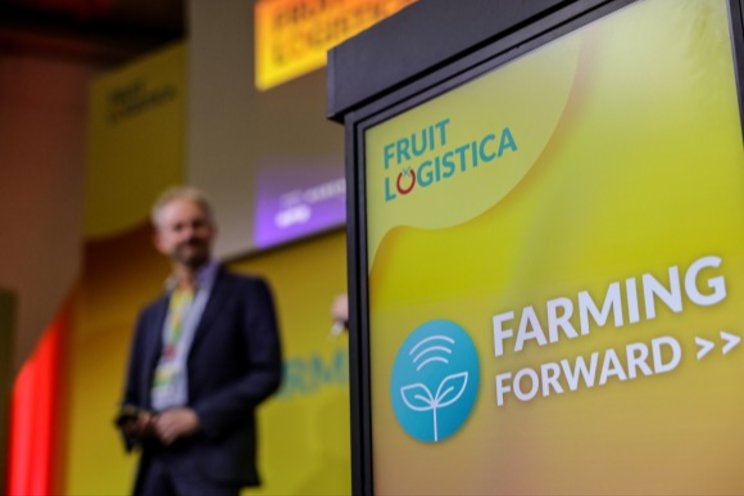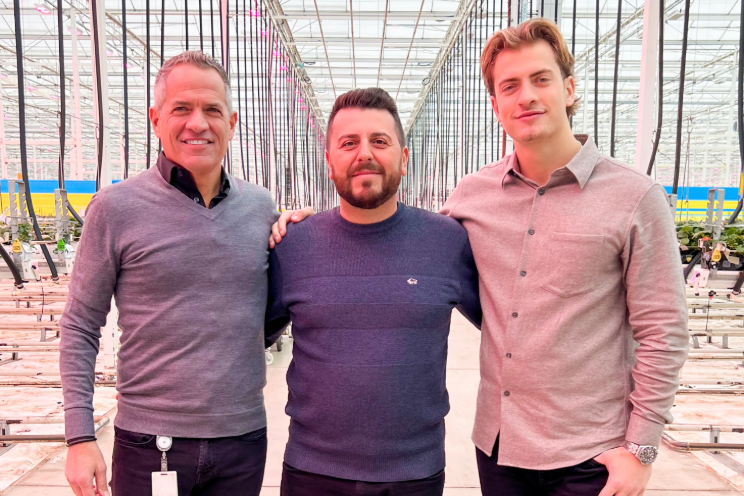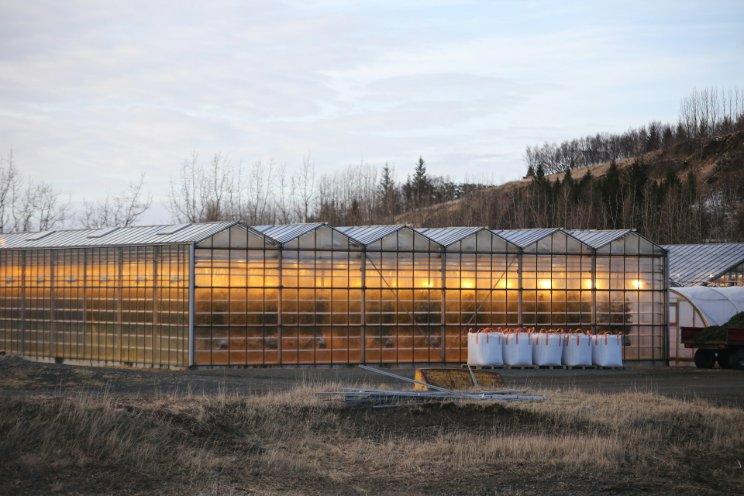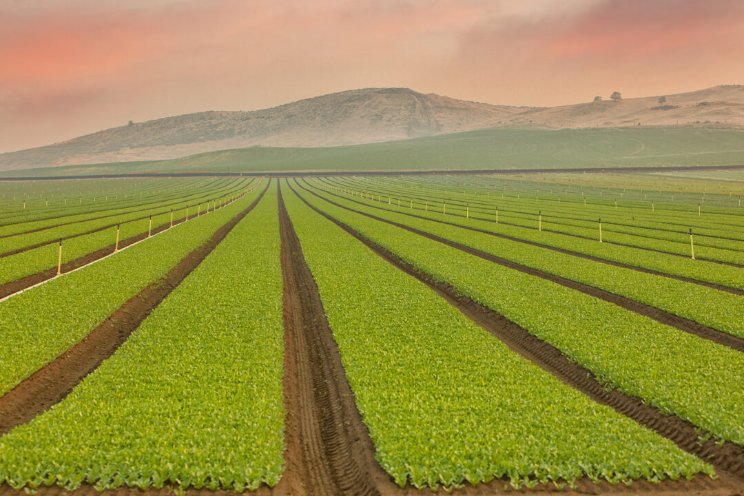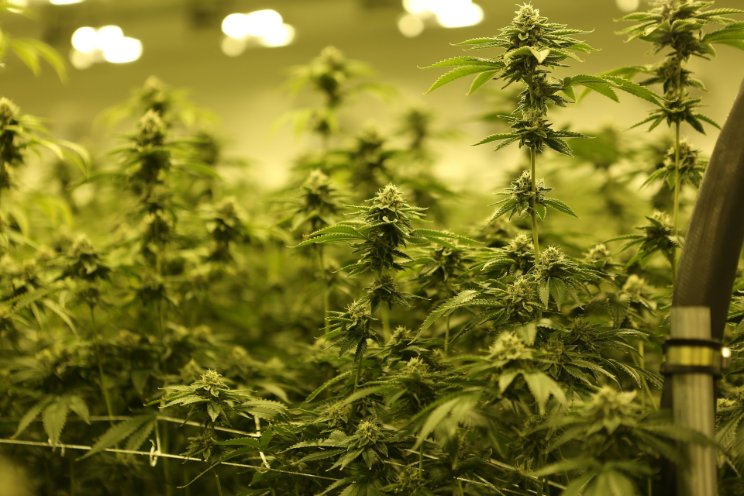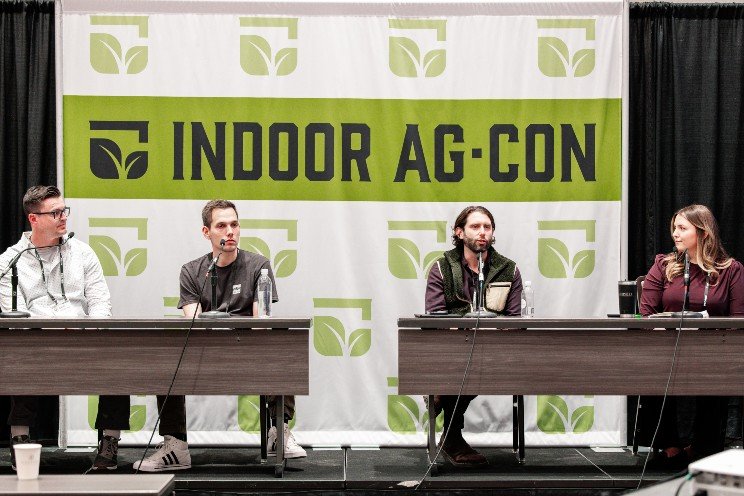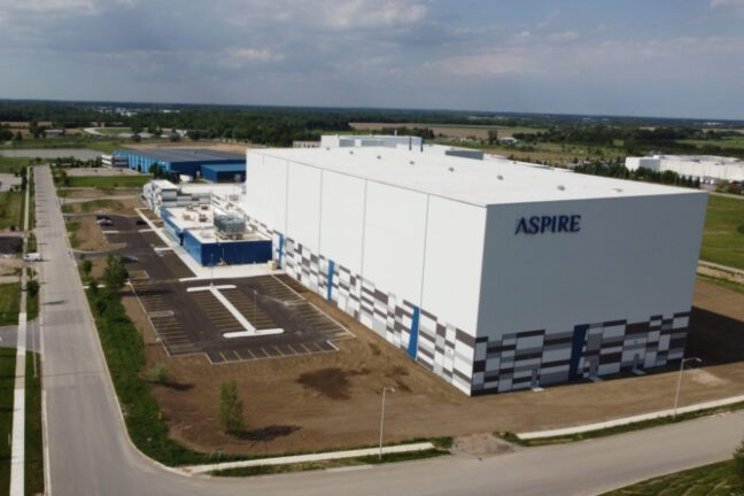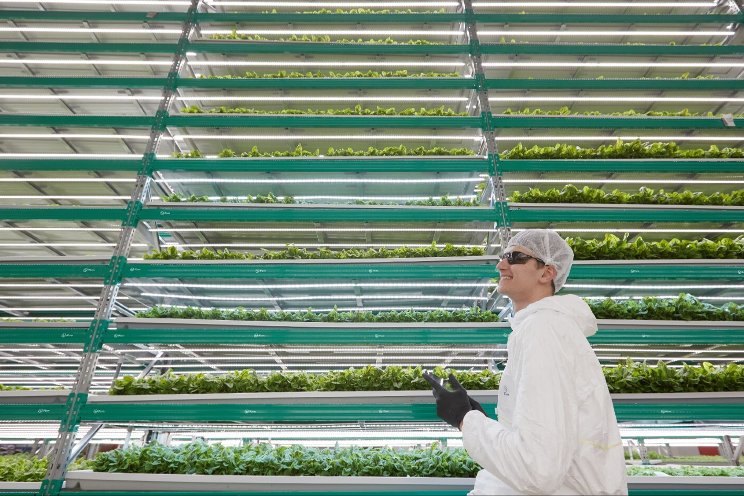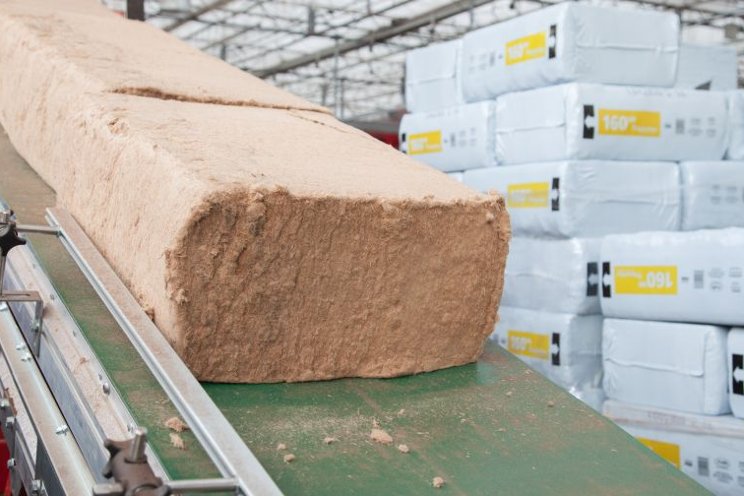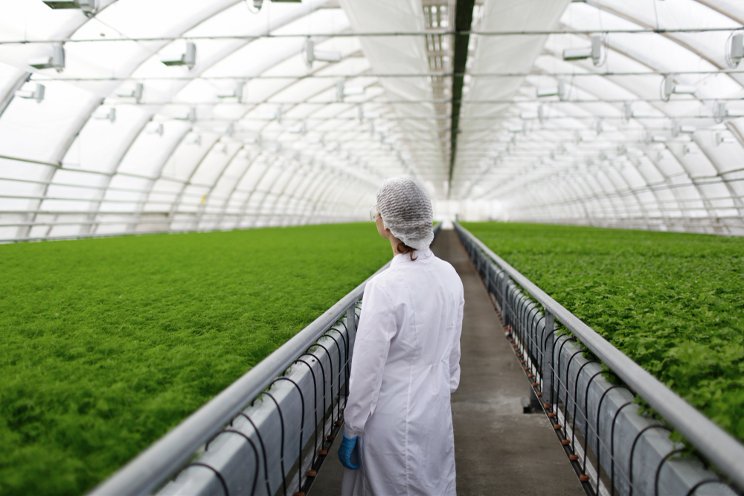We learn how to make best use of energy due to cost of electricity
Added on 15 July 2022

Tell us about yourself and your role with iFarm.
II spent 20 years in the fast-moving consumer goods industry, and for the last few years I have been working with iFarm and the vertical farming industry. I'm no expert in growing plants myself, everything I try to grow in the house I manage to kill, but I have a small project of growing chilis in the summertime. At iFarm my job involves selling our farms, farming solutions and growing software to customers globally, also advising, helping with profitability estimates, and trying to figure out if there is a feasible business opportunity for the customers. We want our customers to have a fruitful business, which will help iFarm to blossom and succeed together with our farmers.
What does iFarm provide to the Vertical Farming industry?
By far the most valuable asset we have is the iFarm GrowTune software. It's really an all-in-one farming tool for indoor farmers. We also hope to expand it to other types of farming when the time is right. On top of that, we also provide farm design services, intelligent indoor growing equipment, and naturally also state-of-the-art fully functional turnkey solutions for customers who are interested in that.
Which vertical farm's technical parameters form its business model?
iFarm's ultimate business model is to make farming accessible to everyone regardless of their knowledge level through the iFarm GrowTune software. GrowTune also helps farmers reduce the workload, and therefore the operating costs. It's also able to simplify the production planning process and reduce production waste by enabling better planning of the crop seeding, harvests, sales, and all other parts of the business. All this works together to make farms more efficient in terms of energy and other inputs. On top of that, we also enable our customers' success by providing farm design services, manufacturing intelligent equipment, and giving lots of advice to our clients at every stage of their farming journey.
What are the biggest barriers facing the expansion of the Vertical Farming industry?
Right now, I think there are two. The first is that indoor farming is quite energy-intensive. Therefore, the recent increases in energy costs are hindering the otherwise exponential growth of the farms in some countries. The other one is the high startup costs of these farms. The equipment is not cheap, and coupled with innovative solar power investments that the farmers may choose for managing the energy costs, the initial investment can be substantial. We see it's sometimes a challenge for the future farmers to find the financing if they don't have the cash themselves, even though the farms' payback periods are often very appealing as investment targets. That would be the second major barrier. The third one to point out is the low consumer awareness of vertical farming benefits as a production method that offers them clean, pesticide-free, super-local and super-fresh vegetables and berries.
Photo Courtesy of iFarm
Source: Agritech Tomorrow
More news
